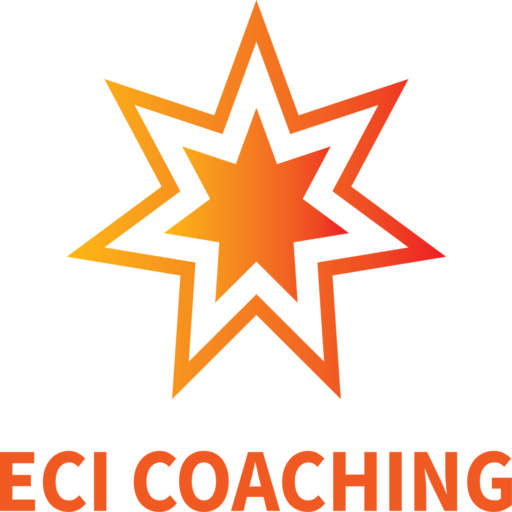An interview with Executive Coach International’s General Manager, Ms Loo Mei Yee (PCC, ICF).
This article is adapted from an interview with Ms Loo in the July 2015 issue of HRM magazine regarding how coaching could help organizations with their staff’s learning.
1. How learning within a company has evolved
In most organizations, employees are simply provided with the skills that would enable them to hit their targets. However, this approach has several shortcomings:
– It only deals with the employee’s immediate learning needs and does not deal with long-term ones
– Though the training may be useful for the staff member at that point in time, no one has questioned whether it is beneficial from an educational point of view for the organization as a whole
What is the point of training a whole workforce if this does not enable a corporation to reach its targets?
Learning for learning’s sake is not enough: senior management demands more and more regarding the ROI of any training their staff goes through.
It no longer makes sense to put their high performers through 50 hours of training at a top business school if there are no proven results to speak of.
Business leaders are now looking at how this money spent on learning translates into tangible results, such as increased profits. In a way, we are evolving from individual-focused learning to holistic organizational learning.
Executive coaching helps to perfect the alignment between an employee’s personal KPI and the business goals of his or her employer. People perform at their best when the company has a clear vision that is understood by all and have the skills required to meet their targets.
Through coaching, organizations such as IBM or the US Department of Defense have made sure that their people are being coached in a way that not only makes them better performers but also ensures that the company’s goals and theirs are perfectly aligned for maximum efficiency and results.
2. The challenges of finding the right mentor and of increasing Learning & Development ROI
Ultimately, a company has to account for how it spends its money to its shareholders. Though everyone agrees that employees’ skills need to be constantly upgraded, the fundamental question is how this upgrade is going to benefit the organization as a whole. As a concrete example, let’s talk about a hot topic that every organization has to deal with, sooner or later: mentoring.
As an organization, you want to make sure that not only are your current leaders performing but also that the next generation of leaders are being groomed within the organization as well. Therefore, you need to assign them a mentor.
However, mentoring does not necessarily come naturally to people.
It is always striking that when you ask high performers how they manage to do so well, a majority of them are unable to explain it and thus struggle to transmit their skills to their aspiring successors.
Thus, if senior managers are equipped with effective coaching and mentoring skills, which are in line with the organization’s strategy of building a pool of potential high performers, evaluating the ROI becomes much easier: you only need to look at the evolution of the performance of the people who have mentors.
As for being responsible to the shareholders, senior management needs to show how the resources being spent on training contribute to the bottom line, hence a more business-aligned training approach is required.
For more on how coaching can improve your organization’s Learning and Development needs, check out the Professional Coach Training Program™ today or enquire with us about our customized corporate training packages.



